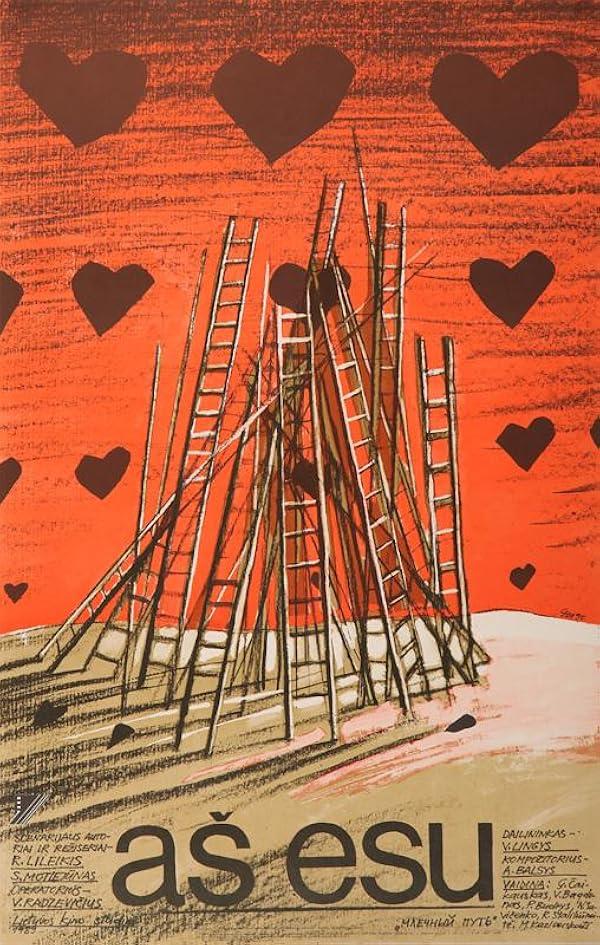I am (1990) forces you to be anti-ageist
👁 16
https://blenderdumbass.org/do_edit : 👁 1
https://blenderdumbass.org/reviews : 👁 1
![[avatar]](/pictures/user_upload/Troler/55NKGQKE7IRKMLHV.png) by Troler
by Troler
Free Software fundamentally misses the point. It fails on a practical, ideological, economic, and political level. Let’s examine precisely how (in a slightly different order for the purposes of presentation).
"Carpe diem"c(lat. cherish the moment). Children live in oblivion to whats to come. That is the main difference between a child and an adult. Former sees the past and the present, while latter the past, the present and the future. It is the future I want to focus on. Between late 1989 and early 1990 Lithuanian went from being part of the USSR to an independent republic. The future was uncertain. In the crossroad of change were children. As families began moving to the West, in search of a better life, sometimes children were left behind. In times of doubt, children often had to live with their grandparents. The age gap between a child and their grandparents, naturally, left the children feeling isolated.
So is the protagonist Jonukas (Giedrius Čaikauskas) in the movie "I am" directed by Romas Lileikis and Stasys Motiejūnas. His child nature tells him he has to be with his mother and father, who are both nowhere to be found. There is only the aging grandma, played by Ruta Staliliunaite. The lack of an actual family leads Jonukas to stirring trouble. The directors, instead of viewing the kid from afar, look what it means to be in such a situation, see the world through his eyes. As we see Jonukas go through Lithuania's, during filming SSR Lithuania's, capital city Vilnius by himself.
All people met along the way do not assist in helping Jonukas find his mother. Since that is not the point of the film. The directors are not interested in the plot, rather the person that is Jonukas. The psychoanalytic choice results in dream-like imagery. Which is supplemented by little dialogue. The improvised score, creates an eerie aura. Fueling the mystique of life, as seen through the eyes of the child. In such a matter, the movie isanti-ageist.
Since the film is inspired by children's book Anelius Markevičius "Požemių vaiduokliai"
Still, the dreams are mixed with grim reality that was the 1989. The sense of uncertainty where life is headed morphed into the question of mortality. Jonukas sees coffins be carried, monks praying to God, a monk ringing the church bell. His loneliness is not dispelled when Hare Krishna Movement members joyfully sing ("Hare Krishna Hare Krishna \ Krishna Krishna Hare Hare \ Hare Rama Hare Rama \ Rama Rama Hare Hare"). The child remains ever grim, ever thinking about his life. That is why, I suppose, no dialogue is needed. Silence forces the viewers to contemplate on Jonukas life. The grandma is going to die, that is what Jonukas knows. He knows he will lose her, it will be the same story as with his mother. He is reminded of his own mortality. He is a snake, snake, snake, not worthy to be with stars, not welcomed by God, abandoned by his mom.
"I am" is a movie about loss and the uncertainty followed by it. There is no satisfactory ending. I do not believe the directors precisely knew what awaited the child or, in extension, where the world was headed.
Fin.
Find this post on Mastodon
From what I read in your review, it seems like a sort of Soviet Depression version of Oliver Twist or David Copperfield.

![[thumbnail]](https://upload.wikimedia.org/wikipedia/en/4/4e/Hundreds_of_Beavers.png)